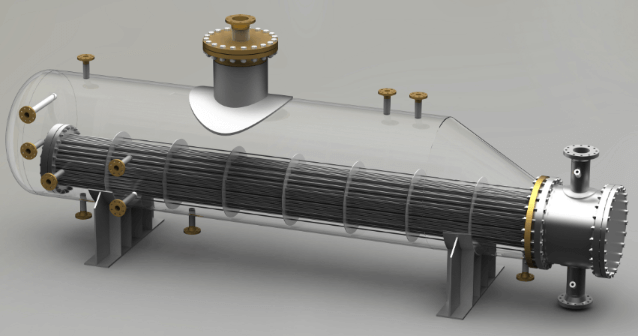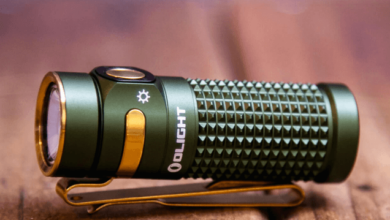What is a Heat Exchanger?

A heat exchanger can be used to complete a range of important tasks and duties, making this tool a valuable purchase for any builder or construction worker.
You can use a heat exchanger to fulfill heat transfer requirements relevant to many projects, from oil cooler repair to water circuit maintenance. Quality heat exchanger tools can make all the difference when it comes to ensuring you have the support you need to achieve high-quality job results.
Here’s everything you should know about heat exchangers, how they work, and what they’re used for!
What is a heat exchanger?
A heat exchanger is a device used to transfer heat quickly and easily from one medium to another. Through a process of conduction, heat moves through the exchanger to transition to the next location.
Heat exchangers are available in a range of styles and models. Shell and tube exchangers use tubes and cylindrical shells to expand and contract in response to heat conditions. Plate type exchangers use stacked stainless-steel plates, commonly for refrigerators and other food and beverage devices. And air-cooled exchangers use cooling packs and fans to regulate the temperature in vehicles and other mobile applications.
How do you use a heat exchanger?
Heat exchangers work when they are permanently installed in a device. They are manufactured using strong materials and with no moving parts, allowing them to stand the test of time.
When installing a heat exchanger, it’s important to ensure accurate design data. You’ll need to avoid leaks or incompatible pressures that could cause damage or inefficiency.
You’ll also need to ensure that correct fittings and pipes are used for heat exchanger installation. Choose an exchanger that is suited to your application, and be sure to measure space and meet all relevant filter and promoting requirements to prevent damage or erosion.
Are heat exchangers needed?
Heat exchangers are suitable for use in a range of tasks and applications. In all of their uses, they serve an important role in protecting equipment quality and operation.
Whether you’re installing a heat exchanger for a refrigerator, a swimming pool heating system, a vehicle, or a hydraulic water cooler, a quality heat exchanger can help to improve efficiency and prevent equipment damage.
In the long term, heat exchangers can help to increase the lifespan of expensive equipment and improve operational capacity.
How can you choose the best heat exchanger?
Choosing the right heat exchanger to suit your needs is essential, ensuring that you get the most value possible out of your installation.
Before purchasing a heat exchanger, consider the task at hand. What will you use the heat exchanger for, and what duties will it need to fulfill?
Consider which type of heat exchanger is best for your job. Then think about any pre-installation requirements you may need to undertake to ensure that your heat exchanger can function to its optimal capacity.
If you’re looking for a high-quality screw extractor, visit RS Online. Search the online store to find the right tool for your job.





